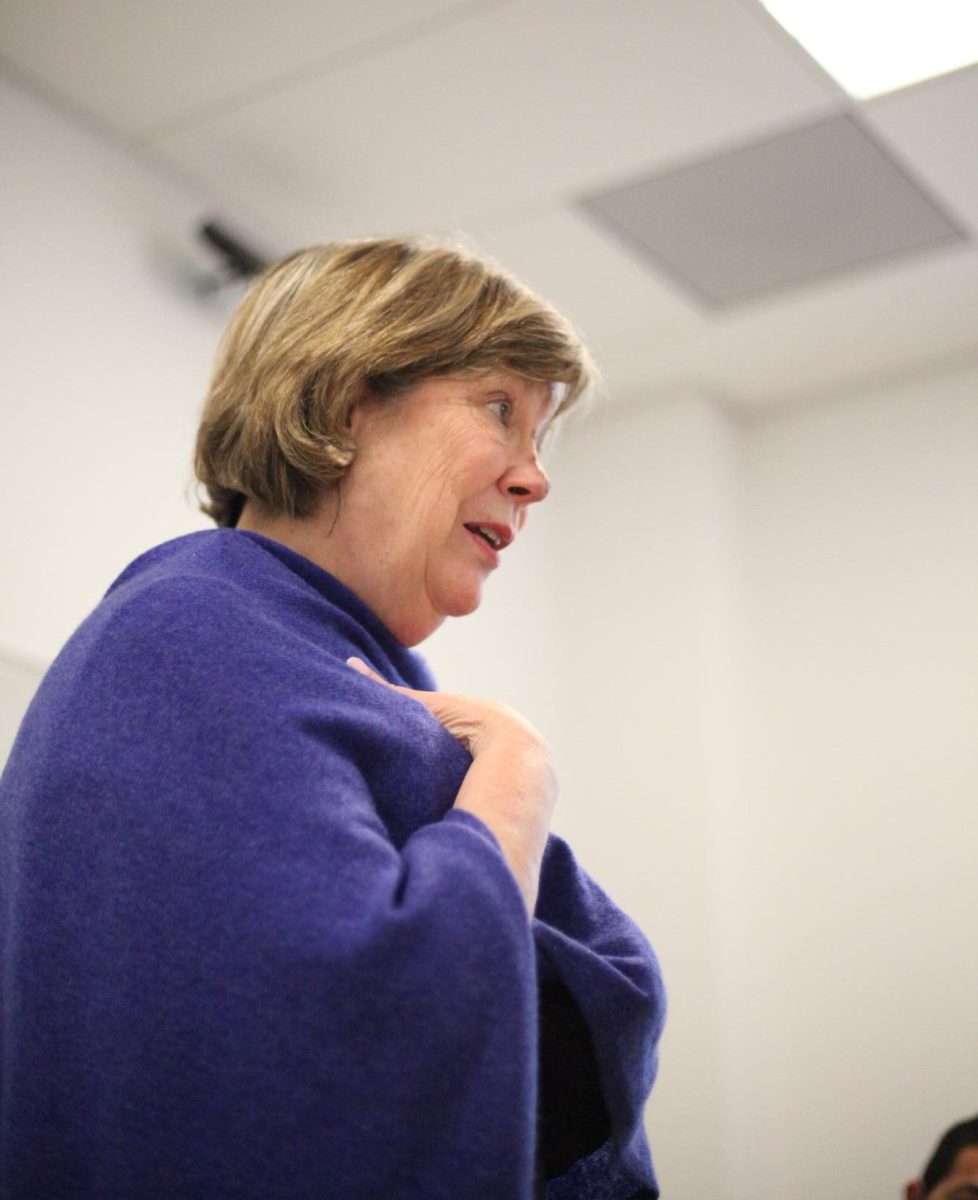Imagine this: you set off to a foreign country to study abroad, leaving your friends and family behind to see what this world has to offer. Months before you plan to return, a global pandemic sweeps the world by storm and infects almost every part of the world, including where you are. It sounds like Orson Welles is at it again, but as one might guess, this dismal nightmare became a reality for many international students this past semester.
Every year, universities across the globe send students overseas to pursue their education internationally. According to Sonoma State’s Center for International Education webpage, California State University International Programs (CSU IP) is the system-wide study abroad program for California State University students. Operating from within the CSU Chancellor’s Office and serving the 23 CSU campuses, CSU IP offers a wide variety of yearlong study abroad programs for undergraduate and graduate students. Some of which were enrolled in the Fall 2020 semester that came to a screeching halt.
As COVID-19 became more prevalent in the United States and as cases began to rise in other countries, CSU IP started to evacuate students from their host countries and required them to return to the U.S. or their home country shortly after the program suspension. This process began on Feb. 5, starting with the students studying abroad in China and ending their last evacuations as late as March 16 with students located in Australia, Canada, Denmark, Israel, Japan, Mexico, South Africa, and Taiwan.
According to the CSU IP’s current ‘Health and Safety Resources’ webpage, it is suggested to the students that they “Follow current events in your destination country and in the countries you plan to visit during your time abroad. By informing yourself and acting responsibly, you can help make your stay abroad healthy and safe.”
Aside from encouraging students to stay informed about world news before taking off to a foreign country, there is little mention of emergency preparedness plans. With that being said, staff and students alike were not prepared to face what seemed unimaginable and the consequences of the virus’s unraveling impacts.
Sonoma State student Julie Vargas, a current senior, spent the most recent school year (2019-2020) in Ghana (one of the last groups of students sent back to the U.S.). She explains that when trying to get answers from her superiors/coordinators, she was under the impression that she would remain in the country. Unfortunately, with how quickly the virus spread within five days, she was informed that she had to pack her bags and prepare to leave.
Vargas describes her last moments before flying home, “I thought I was safe in Ghana because at the time the travel advisory was at a level two, risk being moderate for travel conditions while all international travel was at a level three or four, meaning travel was highly not recommended. Because of this, I was very hesitant about the idea of leaving West Africa.” Vargas and many other students had no other choice but to listen to their coordinators and pack up their suitcases to head to an airport. Keep in mind that these students probably did not think a face mask covering would be a part of their “essentials” packing list.
Another SSU student, Jennifer Oliveros, who spent her time in Spain last school year, was also struck by the heartbreaking news as chaos broke out in Europe. “It was insane. Students were running down the halls in panic; people were out in the streets. It was pure chaos. All I could think about was how I was going to survive my plane flight to America as cases were rapidly increasing in Europe, and as thousands of people were trying to leave the country.”
When speaking to SSU’s International and Exchange program advisor, Hope Ortiz, she mentioned that this was not the first time the study abroad program has been faced with emergency situations. She even shared her own experience as a student. She spoke about when her study abroad experience was also disrupted while she was in Mexico, the epicenter for the H1N1 swine flu epidemic. She recognizes that her experience is somewhat different from COVID-19, as it is a global pandemic. Still, she can empathize with students on the level of panic that is felt in these situations.
Ortiz emphasizes that, “We are never going to send a student somewhere if it is not safe and if it ever becomes unsafe, we are going to do everything we can to make sure they are taken care of and that they get back safely. And I think this experience was a demonstration of that.” She continues, “of course things are going to happen that are out of our control, but the safety of the students is our number one priority. I think we definitely did the best we could, and now if something else happens in the future, we will be even better prepared for that because of what we learned from this experience.”
Thankfully the students mentioned above, along with other SSU students, were able to return to the states safely and are adjusting to being back. Although this process looks much different from it would have been, many are relieved to be back in a place with familiarity.
Ortiz additionally mentioned that the students she has spoken to about their travels, “… all still really appreciated the experience they got to have. Although they have mentioned they wish they could have completed their experience, they did appreciate the time they had there, learning about the local country and culture. It is relieving to know that some students still have all of what they experienced before all of this.”
This does pose several questions for those who were planning to study abroad. Are the potential health risks worth the investment? Will the unpredictability of COVID-19 interrupt the months of planning that takes place as early as a year prior to take off? Regardless of what has taken place in these last couple of months, the CSU IP is still marketing for and accepting students’ applications to study abroad for Fall 2021-2022. Those set on making international study a part of their college experience despite everything can still give the program a chance.



































